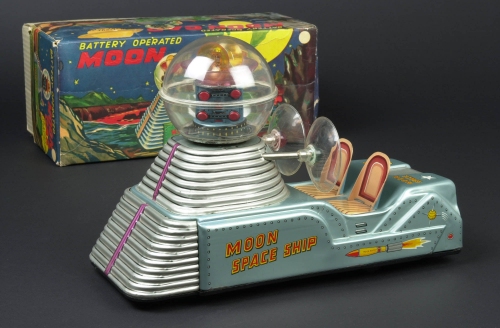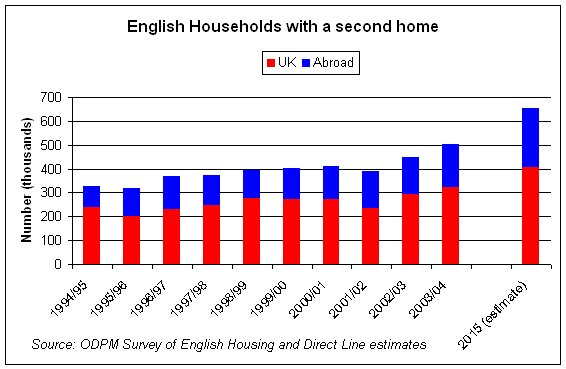
SIPP CAREFULLY
The Government has decided to clamp down on the way some pensions are being
sold. The news comes just months before next April’s deadline to scrap most of
the restrictions that apply to pensions. But it has been forced into a U-turn
because of growing concern by financial advisors that there will be no
regulation at all on some kinds of pension – even though valuable tax breaks
will be available. The pensions in the frame are called SIPPs or Self-Invested
Personal Pensions. Instead of putting your money into a fund that is managed by
someone else, a SIPP allows you to decide what goes into your fund yourself.
Instead of a manager you have a trustee who, for a modest fee, makes sure that
the fund conforms to the rules that currently surround SIPPs – you have to
invest them in things like shares, unit trusts, bonds, cash and so on. But from
April those restrictions will be scrapped and SIPP holders will be able to put
their money into any investment. All sorts of weird and wonderful schemes are
being devised to tempt people – or rather their money – into them. Wine, horses,
stamps, vintage cars, not to mention buying domestic property to rent it out.
The problem is that SIPPs are not regulated. Anyone can act as a trustee. At the moment that does not matter because the investments that are permitted such as unit trusts or bonds are regulated. But many of the new investments that will be allowed from April are not regulated. So neither the investment nor the SIPP will be covered by the Financial Services Authority (FSA). That means little or no control on the way they are sold or the claims that are made for them. And no compensation if you are mis-sold a product. Many advisors are concerned that will lead to massive mis-sales of schemes that may lose money or which will have tax implications they are not aware of. The Treasury has now announced that it is consulting on bringing SIPPs under the FSA umbrella. Any change is unlikely to happen quickly and it could be two years or more before there is any control on some of the weird but not necessarily wonderful SIPPs that are already setting up shop. Meanwhile,
DWP web consultation
Hardly a week goes by – actually hardly a day – without ‘the pensions
debate’ appearing in newspapers and on the news. Should retirement age be
raised? Do we rely too much on means-testing? Should the state pension be
replaced by something better? How can the pensions of women be improved? And so
on. But does the government ever listen to us, the ordinary people of Britain,
who are facing or already embarked on retirement? So far the answer is no. But
now the Department for Work and Pensions has opened up a special website for
anyone to pass their views to Government. It s a fairly limited exercise
allowing you to choose between the four options for better pensions set out last
October by the Pensions Commission which are work longer, pay more in tax, save
more, or be poorer. How the information will be used by the Government remains
to be seen but if you want to take part log on to
www.dwp.gov.uk/debate
Robot sales

One of the weirder things about getting older is that items you bought new are now sold as antiques or at least as collectables. Those cheap, tin plate, Japanese robots and space toys that amused you in the 1950s are now collected seriously – and fetch serious money. So maybe now is the time to explore the space in your loft for unidentified walking objects.
Hugo Marsh is head of toys at auctioneers Christies and responsible for the sale of one of the finest collections of robots and space toys owned by Italian Paul Lips. "The golden age of robots was 1948 to 1968 with the bulk mid 50s to 60s and virtually all came from Japan. They have bold colours and strong designs, graphic artists love them, and they are very entertaining."
The value of these items depends on rarity - colour variations and minute discrepancies in the pressing can all affect that. Ideally of course they should still be in the original box with the instructions and show no signs of having been played with. But even without the extras and with a few scratches, robots are so rare they can be worth money.
At the November sale some prices are expected to rise into the stratosphere. This cute moon buggy is an adaptation of Robby the Robot from the cult 1950s sci-fi series The Forbidden Planet and is estimated to fetch £6000 to £8000. But some items can be picked up for £100 or so.

Moon Space Patrol estimated: £6000 - £8000. © Christie’s Images 2005
The sale is at Christie’s South Kensington on 17 November with viewing the three days before.
Second homes
Whatever the pension opportunities of second homes, we have never, as a nation,
owned more of them. Currently more than half a million Brits have a second home
- 324,000 homes in the UK and 178,000 abroad. And new research says this number
is set to soar to more than 650,000 in the next ten years.
In the UK the most popular locations for second homes are London, Birmingham, Snowdonia, Great Yarmouth and Manchester. The presence of three cities shows that many people treat their second home as a pied à terre for work. While Snowdonia and Great Yarmouth reflect the popularity of Wales and Norfolk as a retreat. In some parts of the country most homes are second homes. More than three quarters of the housing stock in Salcombe, South Devon are second homes. In Newport, Pembrokeshire it is nearly one in three and about one in six in Windemere.

Abroad, Spain is the most popular location chosen by one in three Brits for their second home. Another quarter choose France with Portugal and Italy next in line. Only about one in seventeen are in the USA and a handful in old Commonwealth countries, the Indian subcontinent and the Caribbean.
Many. second home owners are already retired and most are more than 45 years old and have no dependent children. Which is no surprise given the problems most younger people have buying one home never mind two!
The insurer Direct Line estimates that the number of second homes in the UK will grow by 24 per cent over the next ten years, reaching 405,000 and 249,000 – a 40% rise – abroad. In Britain it predicts that global warming will mean that places such as Exmoor, Northumberland and the west coast of Scotland will grow in popularity as the climate improves. And it sees second homes in cities such as Newcastle, Liverpool and Glasgow growing in popularity as today’s popular cities get just too expensive.
Protect your ID
The Government has weighed in to the problems of having your identity stolen by
criminals who then either take out credit in your name or, far worse but much
rarer, run up bills on your credit card or even clean out your bank account.
More than 100,000 people have their identity stolen every year and the Home
Office estimates it costs the country £1.3 billion. All of that cost should be
picked up by the banks except in the odd case where someone has been extremely
careless with their personal details or the bank suspects they are involved in
the fraud. But it can take a great deal of time and effort to restore your
credit record and it is as well to avoid it if you can.
One of the most common ways for thieves to get hold of our ‘identity’ is to steal documents addressed to us from a bank or insurance company, a utility bill, a receipt, or a credit card slip. Now that more and more of us are encouraged – or even told – to recycle paper, we leave a handy do-it-yourself ID theft box outside our home once a week – often overnight. It may not just be foxes that rummage among our rubbish in the dark. Any document from any organisation which has a name and address on it should be torn into little pieces or, better still, shredded. As should any credit card slip – some still have your whole credit card number on. You can buy an electric shredder for less than £20. Even an addressed envelope is best torn up before throwing away.
Now that we all need a PIN to use a credit or debit card, remember to change it to one that you can remember and never ever write it down or tell it to anyone. And although we all should do it anyway, it is more important than ever to check bank and credit card statements carefully for unrecognised items before filing them way safely – or shredding them.
More at www.identity-theft.org.uk
or get the leaflet from your library or Citizen’s Advice Bureau.
November 2005